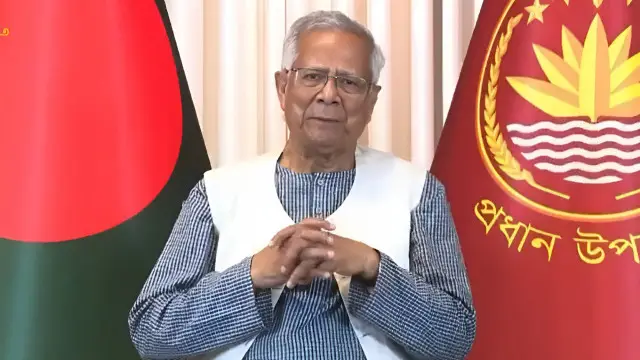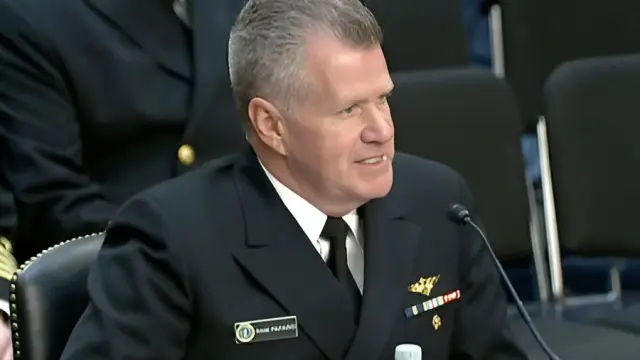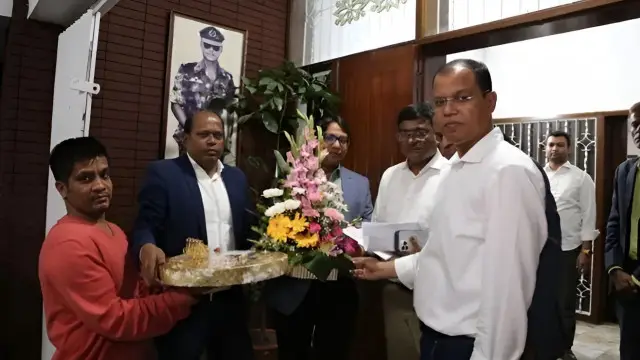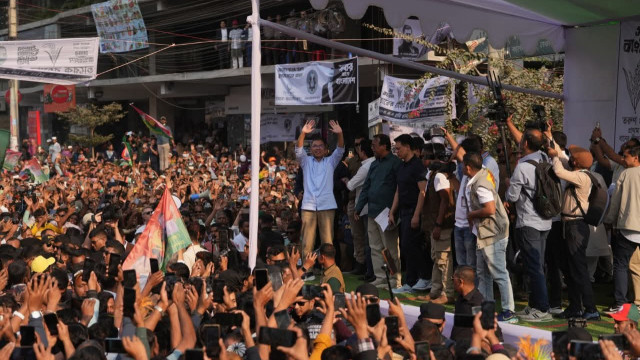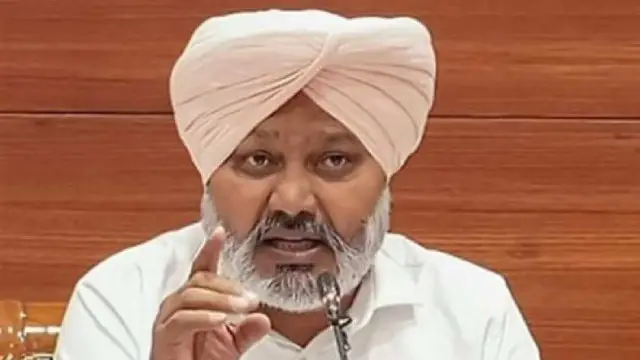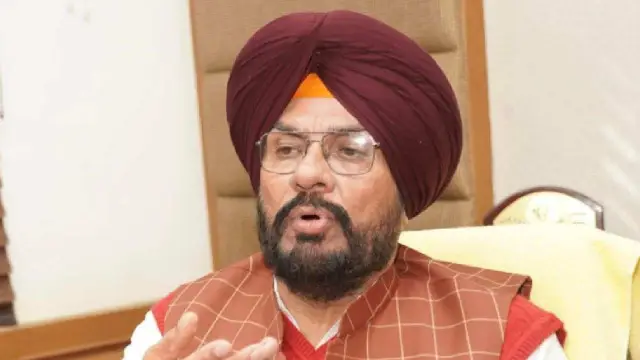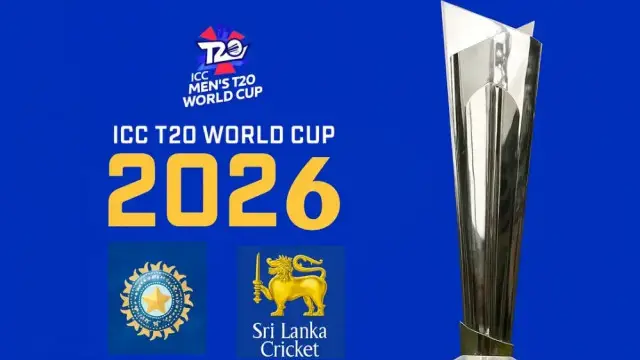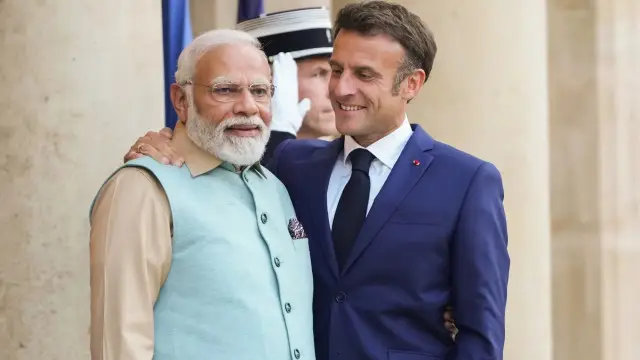Shehbaz Sharif’s Shocking Confession: India’s restrictive BrahMos Strikes Hit Rawalpindi
In a startling disclosure, Pakistani Prime Minister Shehbaz Sharif confirmed that India carried out a preemptive attack on May 10, deploying BrahMos supersonic cruise missiles to hit strategic airbases.

National News: In a surprising admission, Pakistani Prime Minister Shehbaz Sharif revealed that India launched preemptive strikes using BrahMos missiles on May 9-10, 2025, targeting key military sites, including Rawalpindi’s Nur Khan Airbase. Speaking at a summit in Lachin, Azerbaijan, Sharif disclosed that Pakistan’s planned retaliation against India was baffled by these swift attacks, exposing vulnerabilities in Pakistan’s defenses and escalating tensions between the nuclear-armed neighbors.
A Midnight Missile Assault
The Indian Air Force, under Operation Sindoor, reportedly deployed BrahMos supersonic cruise missiles to strike multiple Pakistani airbases, including Nur Khan in Rawalpindi, Murid, Skardu, Sukkur, and Sargodha. The operation, launched in response to a terror attack in Pahalgam on April 22, 2025, caught Pakistan off guard. Sharif admitted that the strikes occurred just hours before Pakistan’s military, led by Field Marshal Asim Munir, was set to launch a counteroffensive at 4:30 a.m. after prayers. The precision and speed of India’s missiles disrupted Pakistan’s plans, damaging critical military infrastructure.
Pakistan’s Counterstrike Fizzles Out
Prime Minister Sharif’s frank admission has exposed Pakistan’s failure to mount a credible response. The precision and speed of BrahMos missile strikes—hitting runways, hangars, and radar installations—left Pakistan’s air defenses severely compromised. His disclosure has ignited intense debate at home, with critics slamming both the military’s readiness and the government's crisis management. Sharif’s mention of the strikes on a key airbase in Rawalpindi is being viewed as a major setback, casting a shadow over the strategic competence of Pakistan’s armed forces.
Regional Tensions and Global Reactions
The confession underscores the fragile India-Pakistan relationship, with both nations exchanging accusations of aggression. India’s Ministry of External Affairs reiterated its commitment to non-escalation but emphasized that Pakistan must curb terrorism for dialogue to resume. Internationally, the strikes have drawn attention to the BrahMos missile’s prowess, a joint India-Russia project, and its role in modern warfare.
A Call for De-escalation
As both countries navigate this crisis, Sharif’s admission highlights the need for diplomatic efforts to prevent further escalation. The incident serves as a stark reminder of the high stakes in South Asia’s geopolitical landscape, urging both nations to prioritize peace and stability.




